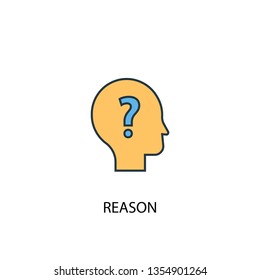


“ commitment to preserving a wide range of forms of reason, and rendering them productive of rationality, accomplishes his lifelong task of showing the ethnocentrism inherent in myopic forms of reason in Europe and Africa, and at the same time accomplishes the equally important task of showing the way to productive dialogue across the borders of forms of reason.” - Bruce B. It is a welcome follow-up to Eze’s work on race and pluralism.” - Elias K. “ is a brilliant book, which will be read widely because Eze eloquently argues for the use of reason in philosophical discourse in world of conflict and racism. He contends that while rationality may have a foundational formality, any understanding of its foundation and form is dynamic, always based in historical and cultural circumstances. Eze reflects on contemporary thought about genetics, race, and postcolonial historiography as well as on the interplay between reason and unreason in the hearings of South Africa’s Truth and Reconciliation Commission. He explores models of rationality in the thought of philosophers from Aristotle, René Descartes, Francis Bacon, and Thomas Hobbes to Noam Chomsky, Richard Rorty, Hilary Putnam, and Jacques Derrida, and he considers portrayals of reason in the work of the African thinkers and novelists Chinua Achebe, Ngugi wa Thiong’o, and Wole Soyinka. Advocating rationality in a multicultural world, he proposes new ways of affirming both identity and difference.Įze draws on an extraordinary command of Western philosophical thought and a deep knowledge of African philosophy and cultural traditions. In so doing, he preserves reason as a human property while at the same time showing that it cannot be thought outside the realities of cultural diversity. Examining reason in connection to the politics of difference-the cluster of issues known variously as cultural diversity, political correctness, the culture wars, and identity politics-Eze expounds a rigorous argument that reason is produced through and because of difference. In On Reason, the late philosopher Emmanuel Chukwudi Eze demonstrates that rationality, and by extension philosophy, need not be renounced as manifestations or tools of Western imperialism. Given that Enlightenment rationality developed in Europe as European nations aggressively claimed other parts of the world for their own enrichment, scholars have made rationality the subject of postcolonial critique, questioning its universality and objectivity.


George is very shy that's the reason why he never says hello. I couldn't tell her the real reason why I left her. WordReference English- Spanish Dictionary © 2021: Principal Translations


 0 kommentar(er)
0 kommentar(er)
